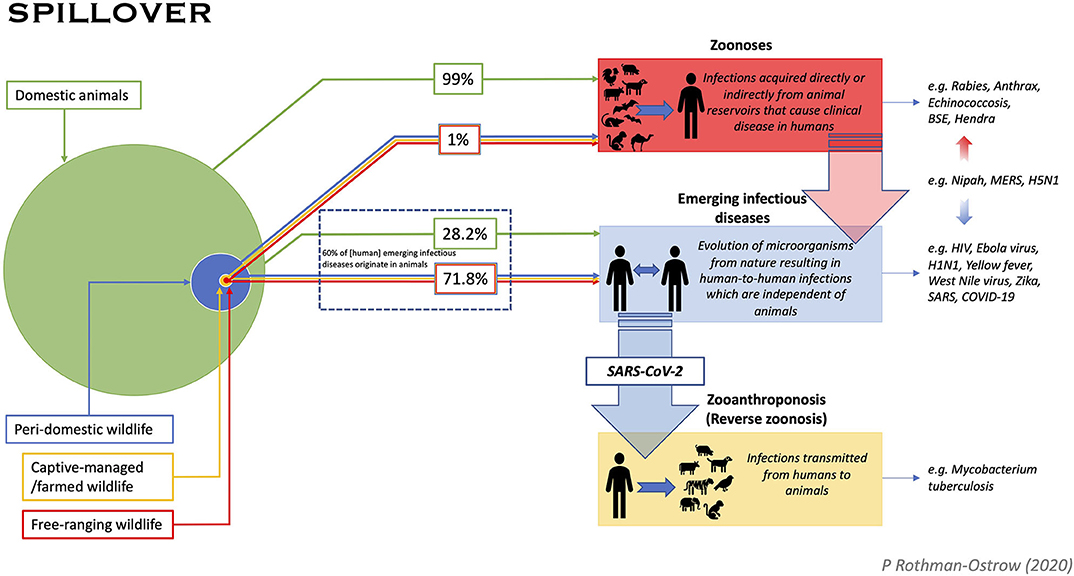
Introduction
The threat of emerging pathogens triggering pandemics has become a focal point in global health discussions. This article delves into the challenges posed by emerging pathogens, the importance of preparedness, and the strategies required for an effective response.
Understanding Emerging Pathogens
Emerging pathogens, characterized by their newfound ability to infect humans or their potential for increased virulence, present a constant threat. Understanding the characteristics, origins, and transmission dynamics of these pathogens is crucial for devising effective preparedness plans. Vigilance and early detection are key components in mitigating the impact of an emerging pathogen.
Historical Perspectives on Pandemics
Examining historical pandemics caused by emerging pathogens provides valuable insights into the potential trajectories of future outbreaks. The lessons learned from events such as the Spanish flu, HIV/AIDS, and more recent outbreaks like SARS and Ebola underscore the need for continuous research, international collaboration, and robust response mechanisms to address the challenges posed by emerging pathogens.
Global Collaboration for Early Warning
The interconnected nature of our world emphasizes the necessity for global collaboration in establishing early warning systems. Information sharing between countries, research institutions, and healthcare organizations is critical for the timely detection of emerging pathogens. A united front enables the global community to respond rapidly, preventing the spread of infectious diseases.
Advancements in Diagnostic Technologies
The field of diagnostics has witnessed significant advancements, enhancing our ability to identify emerging pathogens swiftly. Molecular diagnostics, rapid testing methods, and advanced imaging technologies contribute to accurate and timely diagnoses. Investing in and deploying these technologies globally is essential for effective pandemic preparedness and response.
Vaccine Development and Accessibility
The role of vaccines in mitigating the impact of emerging pathogens cannot be overstated. Accelerating vaccine development processes and ensuring equitable access to vaccines are paramount. International collaboration and partnerships between pharmaceutical companies, governments, and global health organizations are vital for addressing the urgent need for effective vaccines during emerging pathogen pandemics.
Community Education and Risk Communication
Preparedness extends beyond healthcare systems to communities. Educating the public about emerging pathogens, preventive measures, and risk communication is a cornerstone of effective response plans. Informed communities are more likely to adopt protective behaviors, contributing to the containment of the pathogen and minimizing its impact.
One Health Approach: Integrating Human and Animal Health
The One Health approach recognizes the interconnectedness of human, animal, and environmental health. Emerging pathogens often originate in animals and cross over to humans. Implementing a One Health strategy involves collaboration between human and veterinary healthcare professionals, environmental scientists, and policymakers to monitor and mitigate the risks posed by zoonotic diseases.
International Aid and Support for Vulnerable Regions
Vulnerable regions often face additional challenges in responding to emerging pathogen pandemics. International aid and support are crucial for strengthening healthcare infrastructures, providing medical resources, and facilitating vaccination campaigns in these areas. A globally coordinated effort ensures that no community is left behind in the face of emerging health threats.
Environmental Conservation and Disease Prevention
The conservation of natural habitats and sustainable environmental practices contribute to disease prevention. Deforestation, climate change, and disruptions to ecosystems can influence the emergence and spread of pathogens. Prioritizing environmental conservation efforts is integral to reducing the risk of new and reemerging infectious diseases.
Conclusion with a Call to Action
In conclusion, the threat of emerging pathogens requires a multifaceted and collaborative approach. From understanding the characteristics of these pathogens to global collaboration, advancements in diagnostics, vaccine development, community education, One Health strategies, international aid, and environmental conservation, each component plays a crucial role in pandemic preparedness and response.
For more information on Emerging Pathogens Pandemic and staying informed about the latest developments, visit GreenCitizens.net. Together, let’s build a resilient global community ready to face the challenges posed by emerging pathogens.

